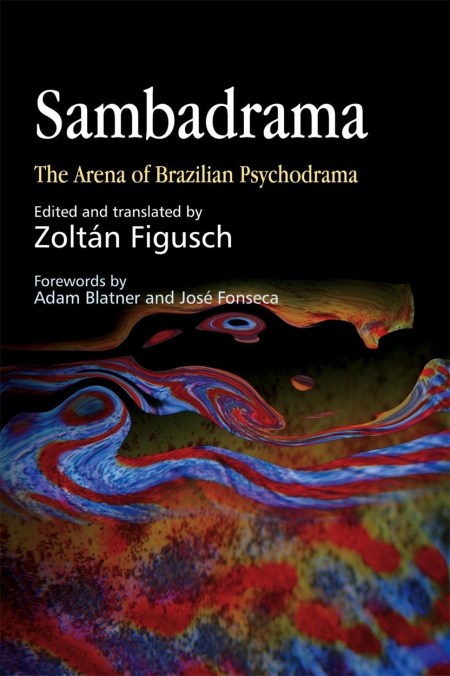There are more active practitioners and teachers of psychodrama in Brazil than anywhere else in the world, with their own strong sense of community, history and tradition. In selecting and translating their ‘best work’ (Adam Blatner), Zoltán Figusch offers international readers an extensive overview of the work being done using this psychotherapeutic method, which enables participants to examine relationships, emotions, fears and conflicts through spontaneous role-play and improvisations with other ‘actors’ and with the practitioner. Divided into the three parts, the book sets the context for Brazilian psychodrama, explores the creative and innovative work that is being done, and presents observations and examples of the full range of psychodramatic techniques and practical applications.
It covers the range of exciting and pioneering work being carried out in Brazil, and will serve as a building block for the exchange and communication of psychodramatic ideas and techniques cross-culturally. The first comprehensive volume of its kind on this subject, Sambadrama will be an invaluable resource and of immense interest for psychodrama practitioners around the world, as well as anyone with an interest in psychotherapy, psychology and sociology.
It covers the range of exciting and pioneering work being carried out in Brazil, and will serve as a building block for the exchange and communication of psychodramatic ideas and techniques cross-culturally. The first comprehensive volume of its kind on this subject, Sambadrama will be an invaluable resource and of immense interest for psychodrama practitioners around the world, as well as anyone with an interest in psychotherapy, psychology and sociology.
Newsletter Signup
By clicking ‘Sign Up,’ I acknowledge that I have read and agree to Hachette Book Group’s Privacy Policy and Terms of Use
Reviews
This book is a challenging, interesting, and stimulating read which shows how and what has been developed in the arena of Brazilian Psychodrama.
Psychodrama is widely used in Brazil, where there are more practitioners and training schools than in any other country. This fascinating book presents an edited collection of papers drawn from the wealth of published and unpublished Brazilian psychodrama literature. This fascinating and important book will appeal predominantly to psychodrama practitioners. However, other psychotherapists or mental health workers may find some gems within the text that will enhance their practice.
This book is a challenging, interesting, and stimulating read which shows how and what has been developed in the arena of Brazilian Psychodrama.
